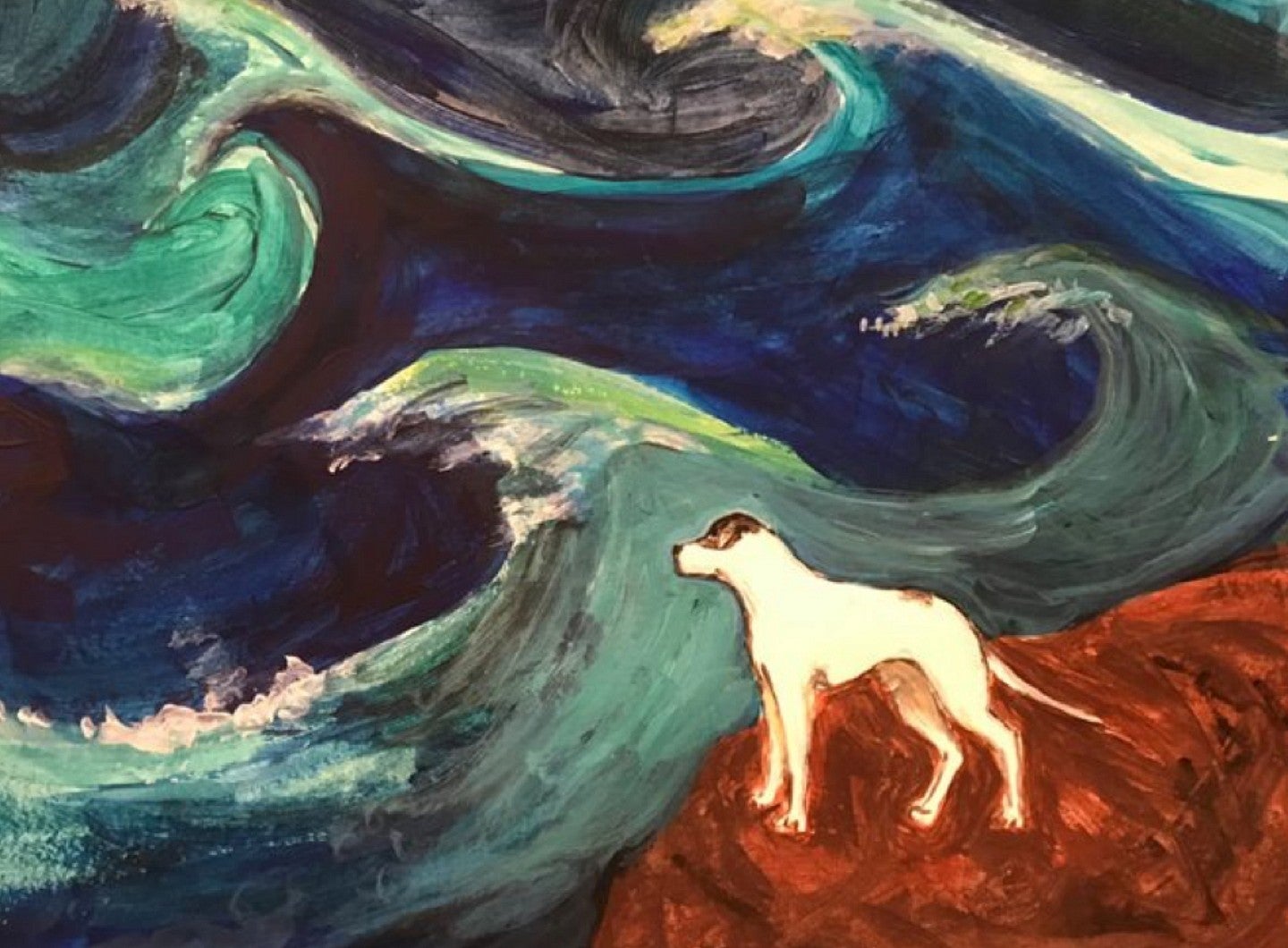PIs: John Arroyo, Mark Carey, Laura Pulido, Ana-Maurine Lara, Stephanie LeMenager, Kathy Lynn, James Meacham, Joanna Merson, Marsha Weisiger.
Climate change threatens the entire planet. Yet, there are huge disparities in its effects on different communities. Floods, fires, food shortages, ecosystem collapses, and other disastrous effects of a warming planet aren’t uniform in who they impact. The Pacific Northwest Just Futures Institute for Racial and Climate Justice will address the intersecting realities of race, class, gender, ability, nationality, and region among Pacific Northwest communities affected by climate change.
This urgent work will be funded by a $4.52 million grant from the Andrew W. Mellon Foundation to support a three-year environmental humanities initiative at the University of Oregon. UO will collaborate with the University of Idaho and Whitman College in Washington.
“Oregon’s, and the Pacific Northwest’s, future depends upon higher education creating leaders who will make sustainable and transformational changes, and that’s what we’re trying to facilitate,” said John Arroyo, Just Future’s Institute director.
Housed in the UO Center for Environmental Futures, the Just Futures Institute (JFI) will enlarge the regional conversation about climate change to address racial and climate justice. JFI spans departments across the UO’s College of Arts and Sciences and will collaborate with campus-wide programs already in place. Its resources and partnerships will support the racial justice and environmental work already being done across disciplines and provide a launching pad for new work.
“Support for JFI enables us to continue doing the work that ignites action and awakens people’s consciousness and hearts to our communities’ challenges,” said Alaí Reyes-Santos, JFI associate director. “I have learned firsthand how stories engaged and documented through environmental humanities do make a difference, touch people’s hearts, and move legislators and state agencies to action.”
The institute will develop research clusters and shared projects that will focus on creating an anti-racist future, primarily in rural areas, by increasing access to higher education for historically underrepresented communities, and by supporting rising climate and racial justice leaders.
The shared projects—such as Sustaining Racial Justice through Academic Incentives; Ice, Society, and Climate Justice Initiative; and Sustaining Inclusive Cities—exemplify how community-engaged scholarship and teaching can help us recognize diverse histories and instigate cultural change on a broad scale.

